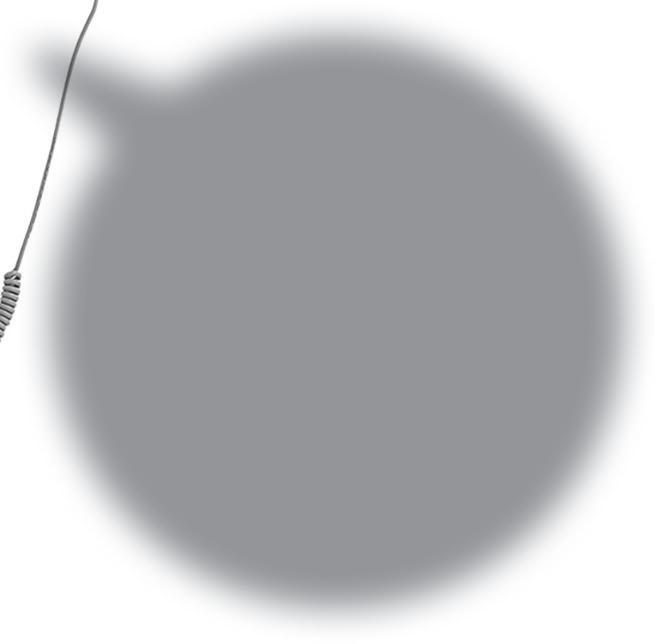
1 minute read
Bearings take heart in ergometer application
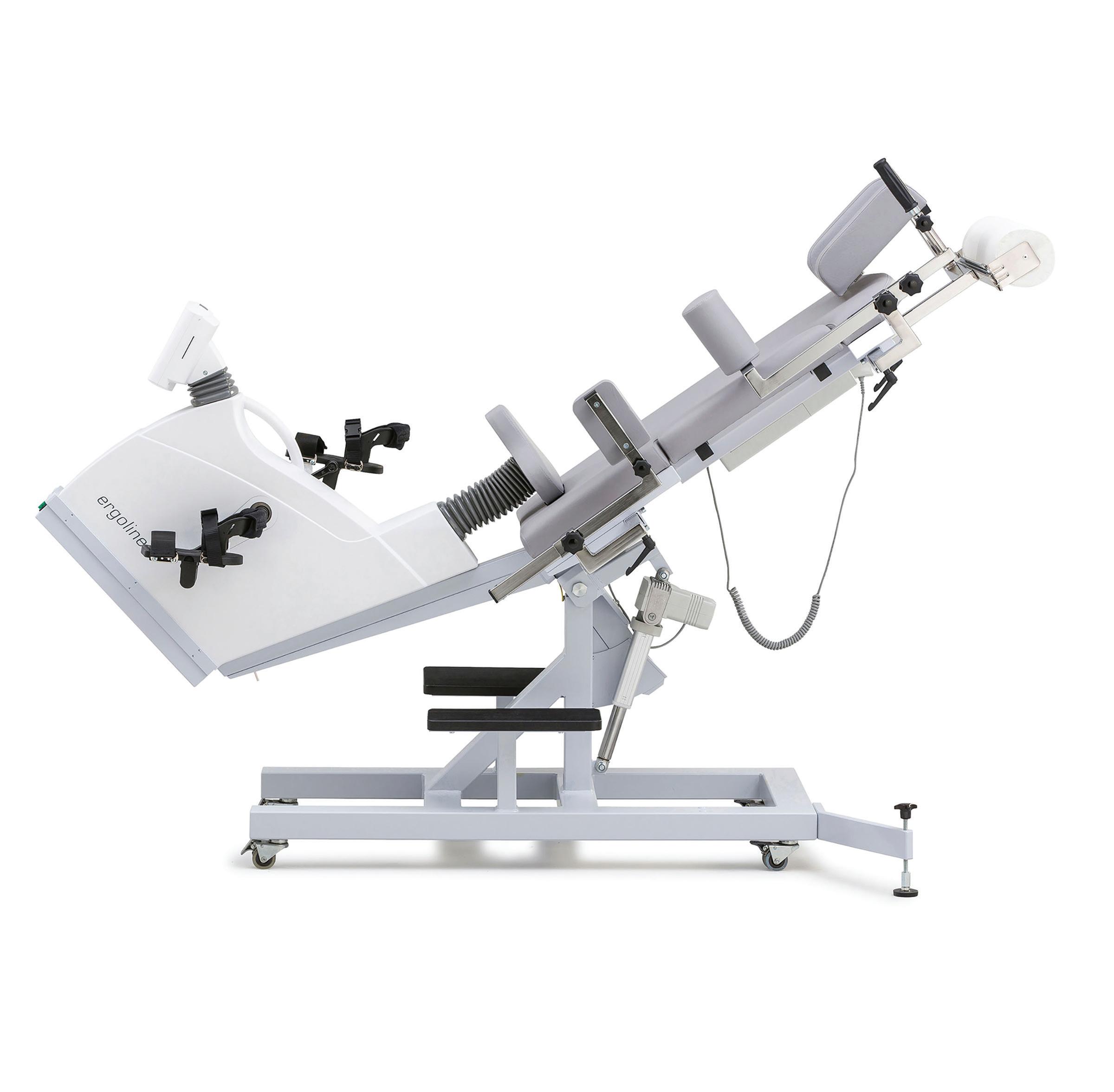
By Thomas Renner
In today’s fast-paced manufacturing climate, businesses must react swiftly to quick-moving economic markets. Supply chain shortages and shipping delays forced the hand of many companies during the pandemic, driving innovation and identifying new pathways to adapt to the changing conditions.
That’s where ergoline GmbH found itself with the production of its ergometers. The products are used in exercise and for diagnosing heart diseases. The company needed wear-resistant and lubrication-free bearings in a custom dimension so that the company could start production of its new series of ergometers.
Shaft modifications in the product’s design resulted in too much clearance from items that had been selected from a catalog. “Since production was about to begin, we initially decided to turn a small number of the parts from barstock,’’ said Dominik Huber, Head of Design at ergoline GmbH. Volume production, however, required an even faster solution.
Making parts from barstock required six weeks and was too time-consuming and expensive. Igus, a German manufacturer of motion plastic components, o ered ergoline the capability to produce components with its FastLine Service. The new resource features modern computerized numerical control (CNC) technology. The time from order to delivery was four days.
“By investing in our tool shop with its own production line for round parts that features modern CNC technology, we were able to produce specially shaped plain bearings for ergoline within a very short time,’’ said Benjamin Haupt, Technical Sales Consultant at igus GmbH.
The company’s ergoselect 1200 model is a reclining ergometer developed for dynamic stress echocardiography. The procedure evaluates cardiac structure and function during physical exercise or the pharmacologic simulation of exercise by measuring increased heart rate, cardiac output, and myocardial oxygen demand. The procedure allows for echocardiographic images to be obtained anywhere along the continuum from rest to peak physiologic stress.
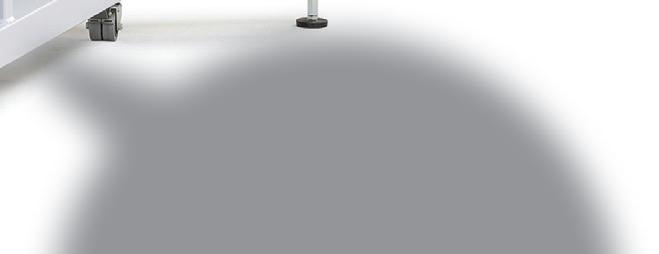
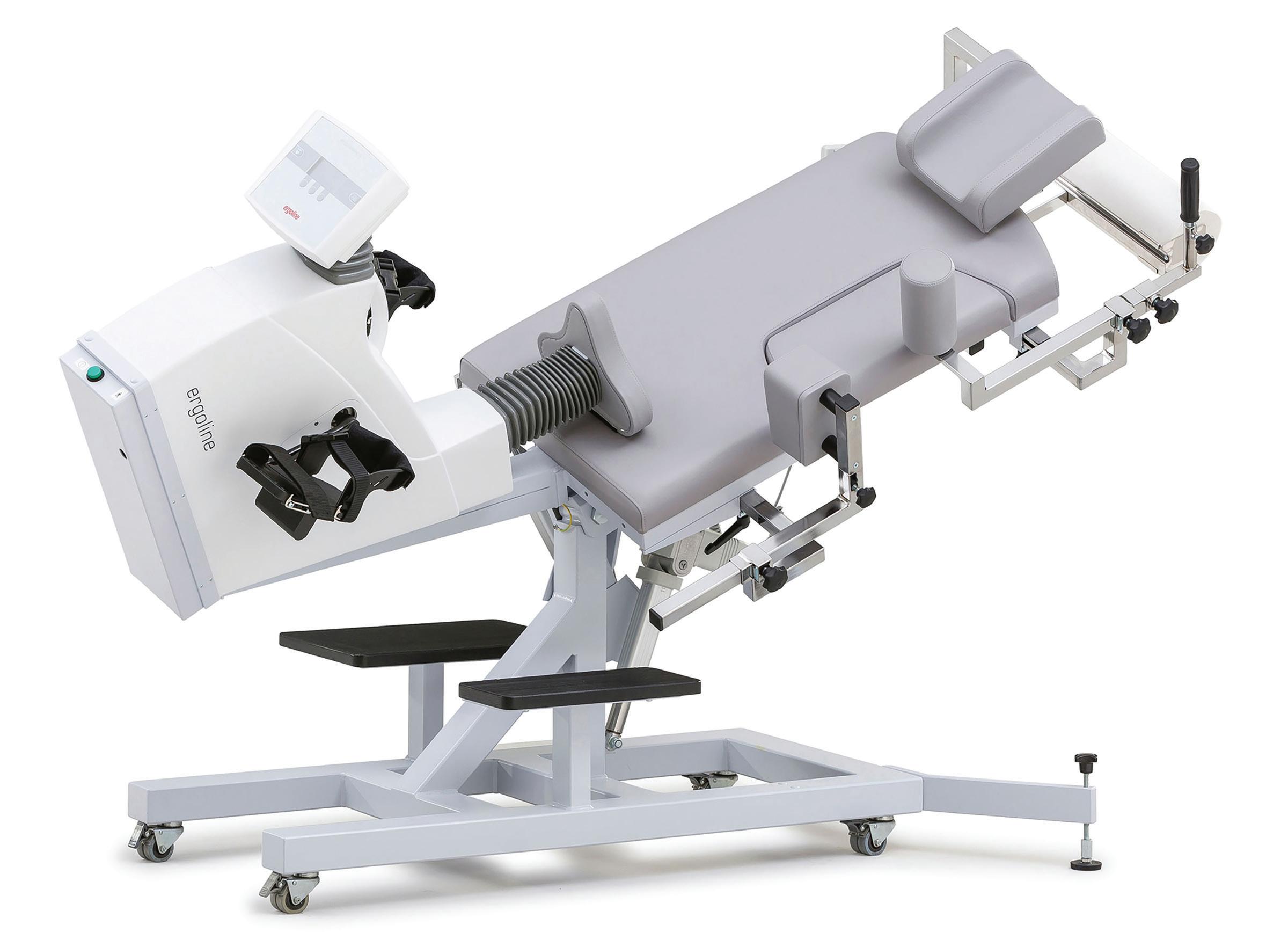
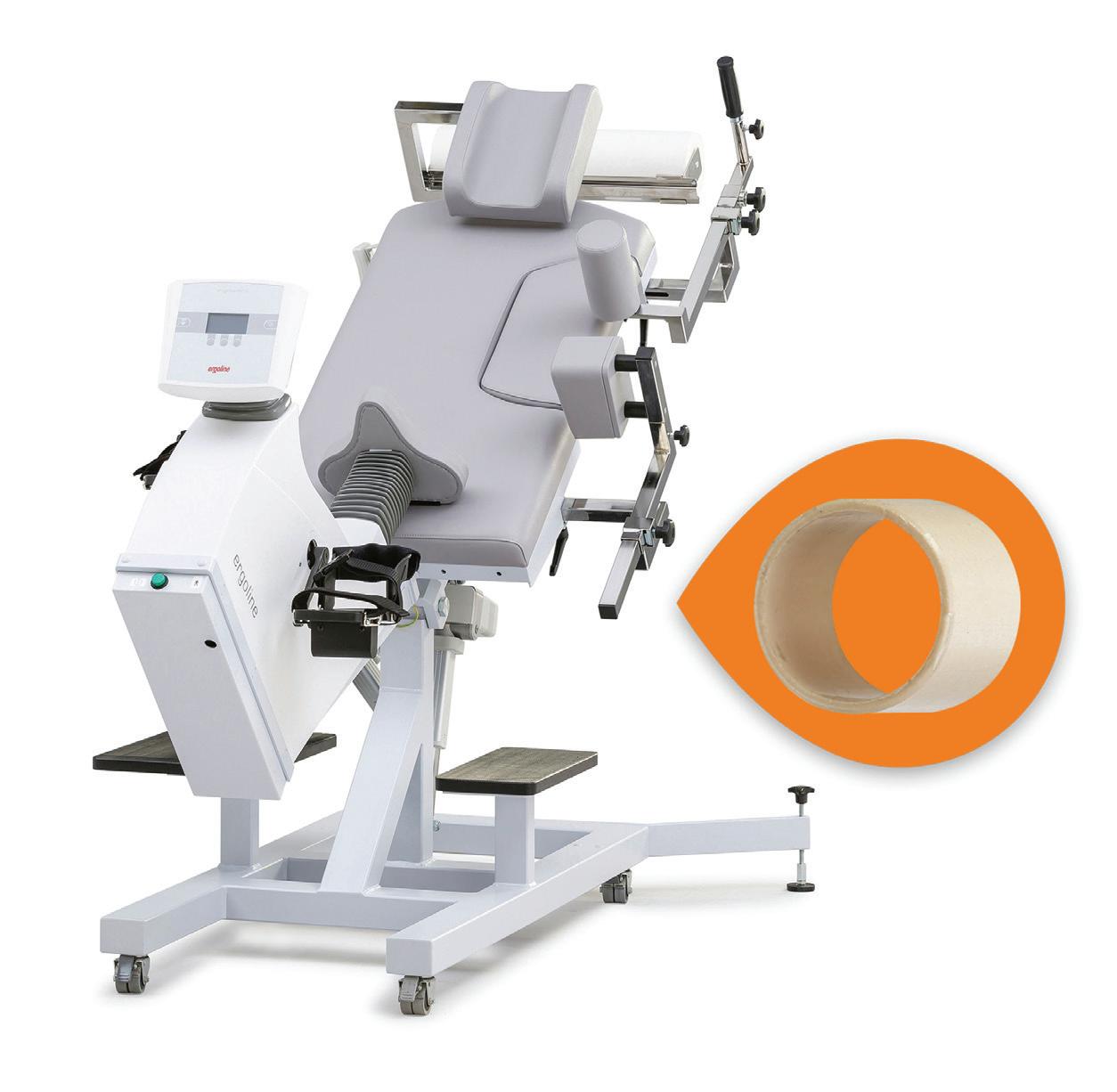
Huber sought a plain bearing to support the adjustment mechanism for height and tilt. The company selected igus’ iglide P210 bearing, which works well in pivoting movements on various shaft materials.

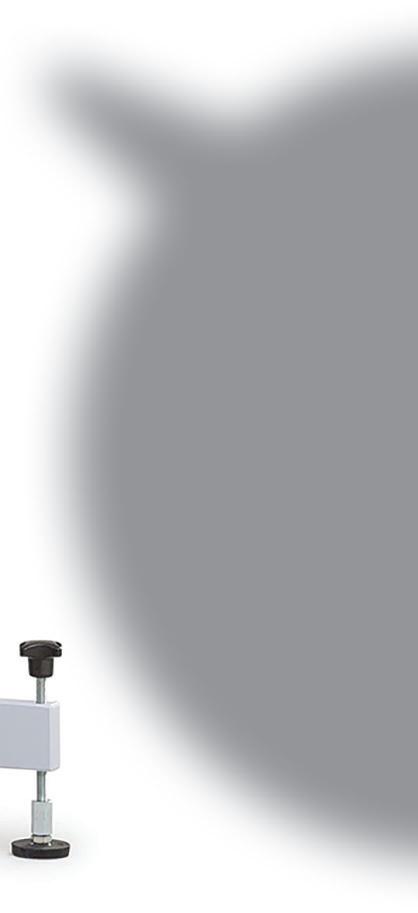
The bearing, like all of igus’ components, requires no external lubrication and thus meets the stringent demands of the medical field. It is also extremely durable.
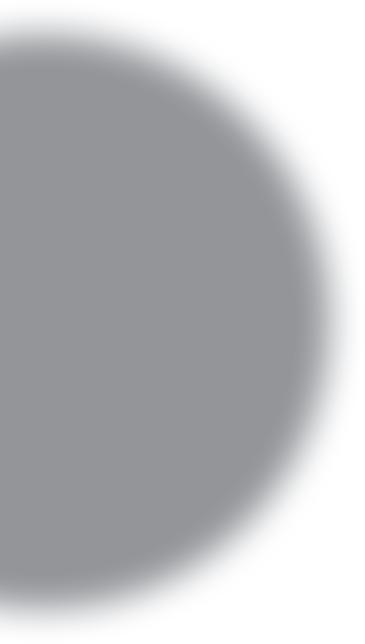
The issue with parts working together properly after shaft modifications required ergoline to use igus’ FastLine service.
In CNC, computer instructions guide mills and lathes that control the precision of the instruments. The process enables the development of parts and components that would usually be impossible to create manually. The fourday turnaround time and coste ective price surprised Huber. “We had expected to pay three times as much,’’ he said. “Of course, we were very pleased. It gives us the possibility to work flexibly in design.”
Customers such as ergoline are interested in more expedient turnaround time for select components, according to Tom Krause, head of 3D Printing at igus.










